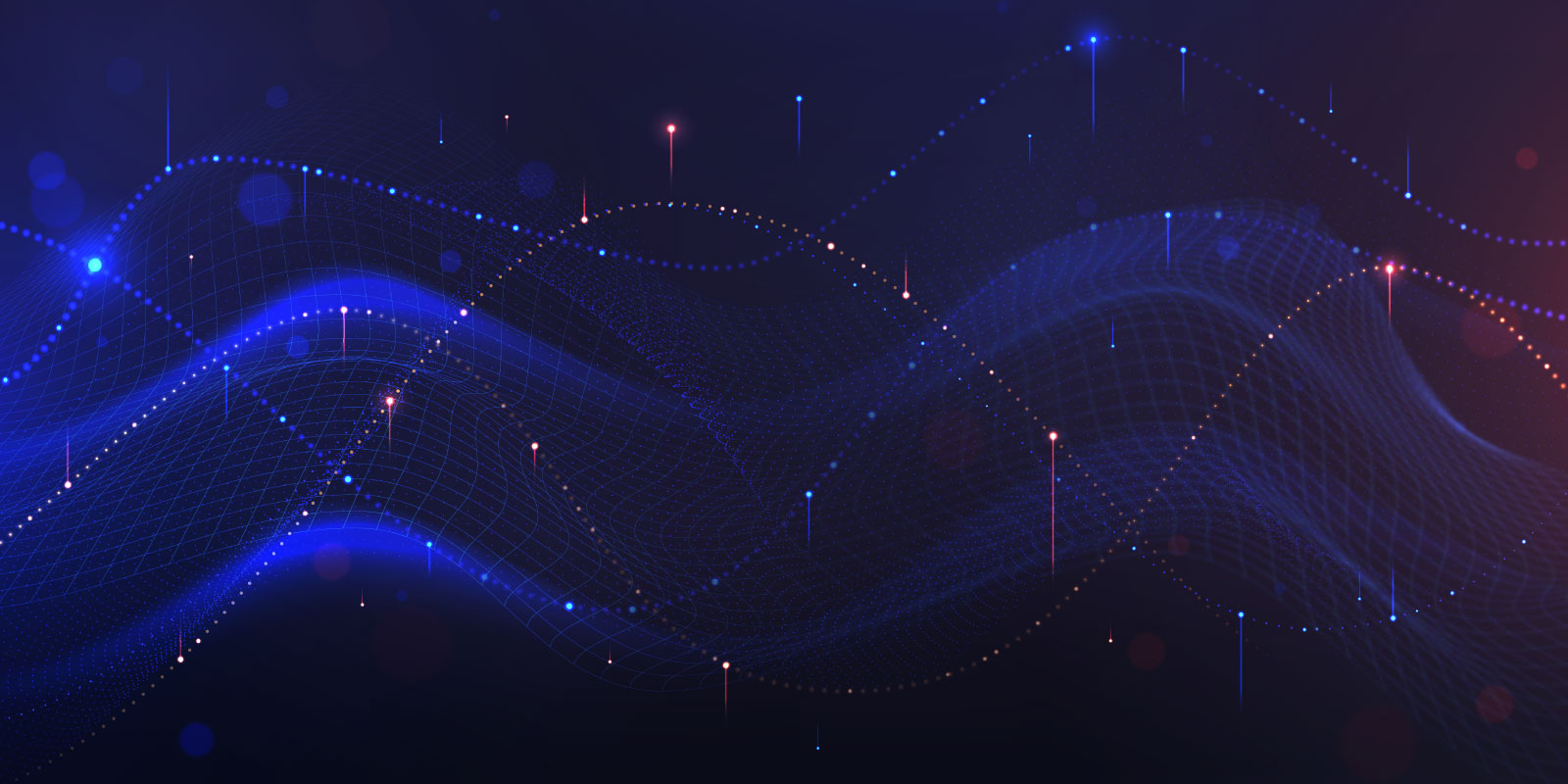Published on 12.08.2025
Introduction to Image Registration

This course explores how image registration powers research across disciplines — combining classic methods with deep learning to align and analyze complex visual data.
Register hereThis workshop explores fundamental concepts and practical techniques for image registration, focusing on applications in microscopy, material science, and earth science. Image registration is the process of aligning multiple datasets into a common coordinate system, enabling accurate comparison and analysis.
Learning goals
By the end of the course, you will be able to:
- Understand the purpose of image registration and its common needs in research across various fields like microscopy, medical imaging, earth science, and material science.
- Identify different image transformation types (e.g., rigid, affine) and understand their application.
- Explain the reason for and common types of image interpolation used in image transformation.
- Understand and apply integrated image registration techniques, including Intensity-Based, Feature-based approaches, and Deep Learning-Based Registration.
- Understand techniques for 3D registration, such as aligning slices in a stack.
- Recognize challenges and considerations in image registration, such as method selection, transformation type, and preprocessing.
- Be aware of available software tools and libraries for image registration.
Course date
October 29, 10:00-11:30AM (CET).
More information & registrationPrerequisites
While there are no formal prerequisites, a basic understanding of what digital images are (i.e., as matrices of pixel intensities) and some prior coding experience would be beneficial.
Target group
This course is aimed at Helmholtz scientists who work with images and want to learn how to spatially align them. This course is open to individuals affiliated with Helmholtz or a HIDA Partner only.
This course is free of charge, and part of the data science course portfolio offered by the platforms of the Helmholtz Information and Data Science Framework.